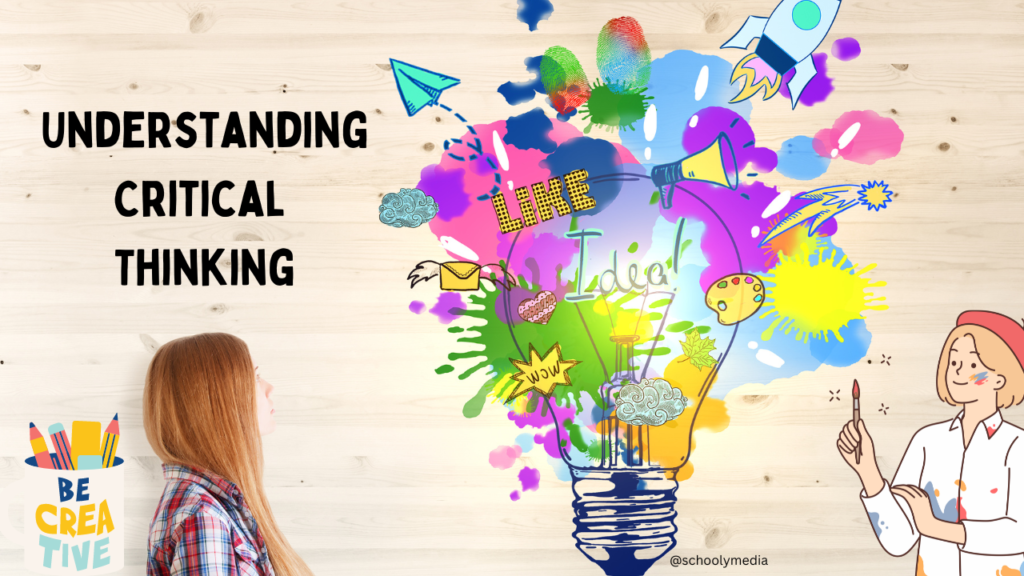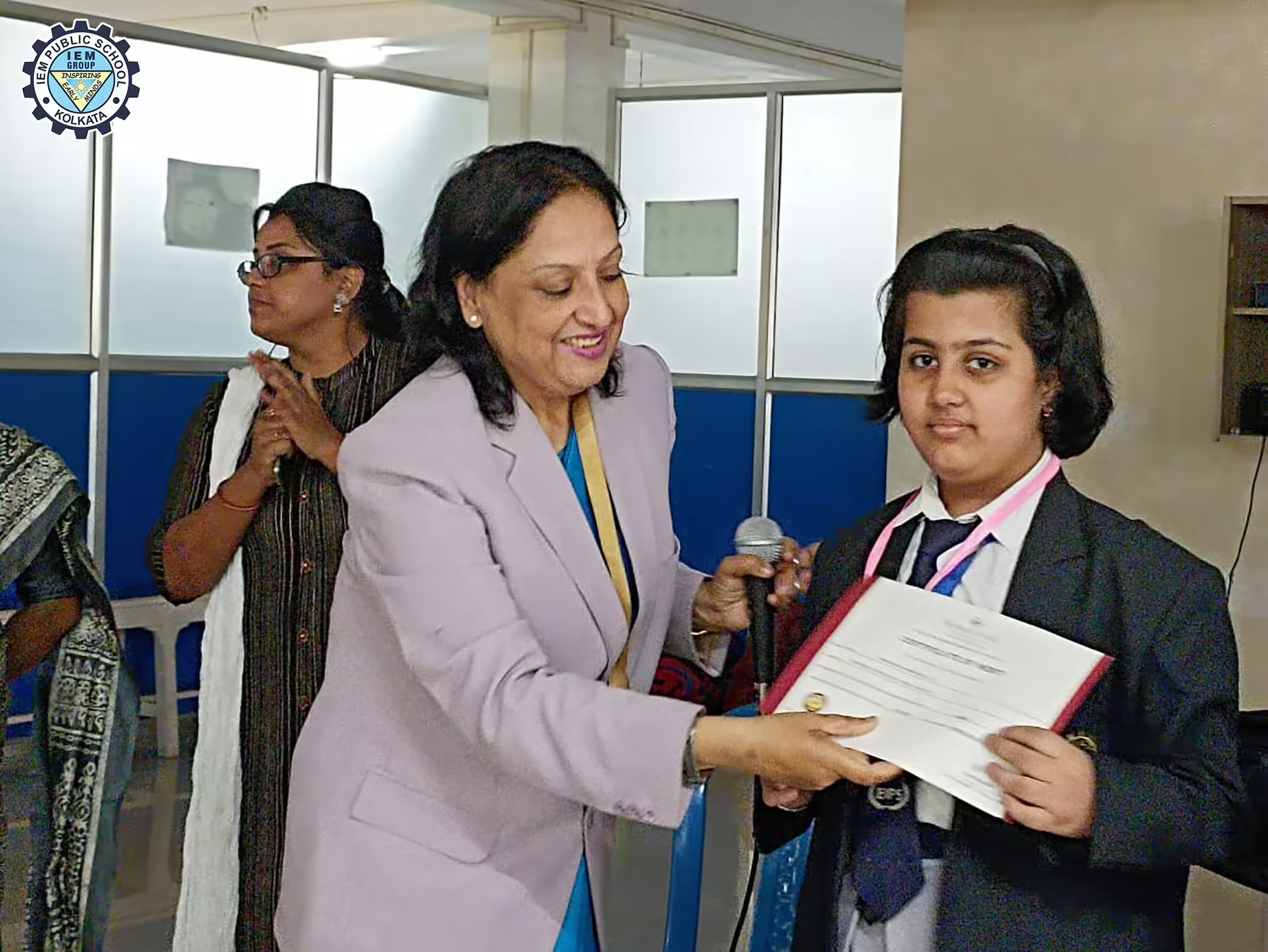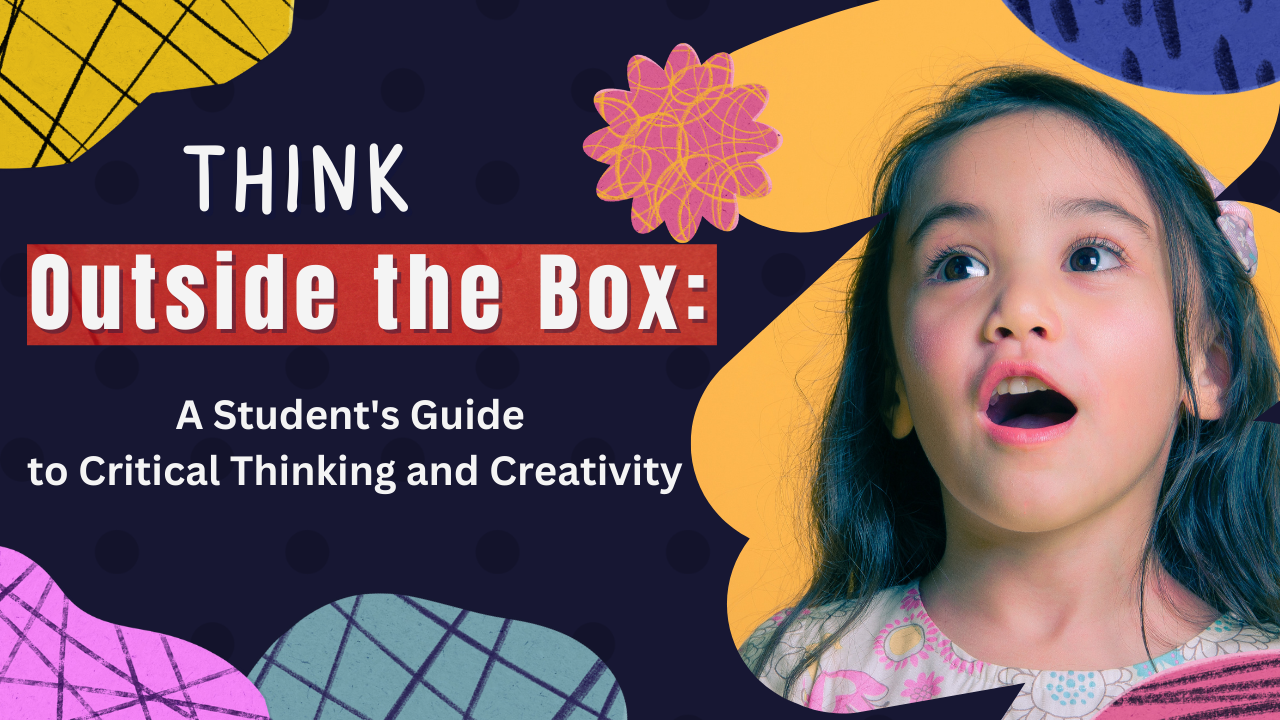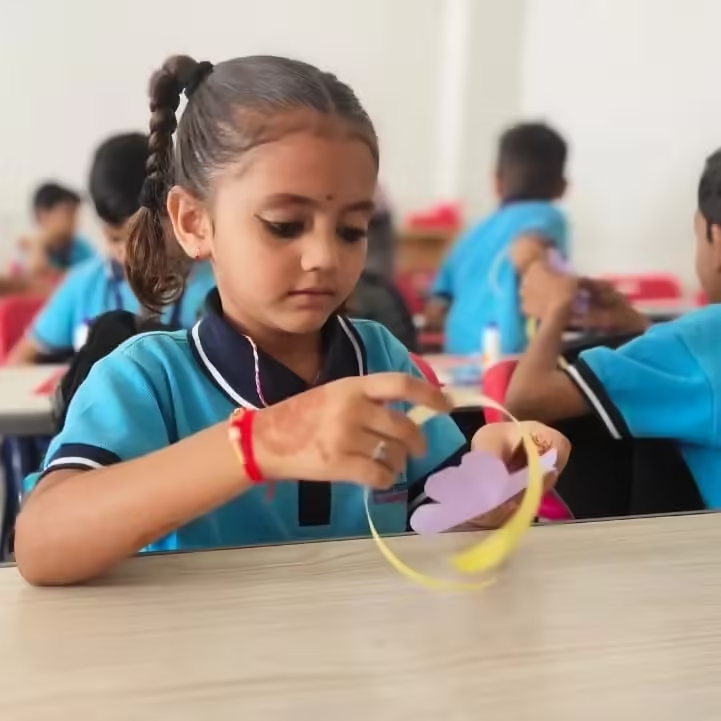Sharpen Your Mind
In today’s fast-paced world, where information is abundant and decisions are constant, the ability to think critically is more valuable than ever for students. Critical thinking goes beyond simply accumulating facts and figures; it’s about analyzing, evaluating, and synthesizing information to make reasoned judgments.
Let’s explore why nurturing this skill is crucial for academic success and beyond.
Understanding Critical Thinking
Critical thinking is often described as the ability to question assumptions, evaluate arguments, and draw logical conclusions. It’s about approaching problems with an open mind, considering different perspectives, and being willing to change your viewpoint based on new evidence. In essence, it’s the art of thinking about thinking.

Why is it Important?
For students, developing strong critical thinking skills enhances their academic performance in various ways. It enables them to:
- Engage Deeper with Subjects: By questioning and analyzing concepts, students gain a deeper understanding of the material rather than just memorizing facts.
- Solve Complex Problems: Critical thinkers are adept problem solvers because they can break down complex issues into manageable parts and identify effective solutions.
- Make Informed Decisions: Whether it’s choosing a major, selecting sources for a research paper, or deciding on extracurricular activities, critical thinking helps students weigh options and make informed choices.
Beyond academia, employers seek candidates who can think critically. In professional settings, critical thinkers are valuable assets because they can innovate, adapt to change, and contribute fresh perspectives to the team.
Practical Tips to Enhance Critical Thinking: Sharpen Your Mind
- Ask Thought-Provoking Questions: Encourage students to ask “why” and “how” to delve deeper into topics.
- Challenge Assumptions: Teach students to examine their own beliefs and biases critically.
- Practice Problem-Solving: Engage students in real-world scenarios that require them to analyze information and propose solutions.
Cultivating a Critical Thinking Mindset
Fostering critical thinking isn’t just about academic exercises; it’s a mindset that can be cultivated through various activities:
- Reading Diversely: Exposure to different viewpoints and perspectives broadens students’ thinking.
- Debating and Discussions: Encourage respectful debates where students defend their opinions with logical reasoning and evidence.
- Reflection and Journaling: Writing about their thoughts and experiences helps students clarify their thinking process.
Conclusion
In my conclusion, critical thinking is a skill that empowers students to navigate the complexities of the modern world with confidence and clarity. By fostering an environment that values questioning, analyzing, and reasoning, educators and parents can equip students not only for academic success but also for lifelong learning and achievement.
As we embrace the power of critical thinking, we empower the minds of future generations to innovate, solve problems, and contribute meaningfully to society.
Let’s sharpen our minds and embrace the journey of discovery through critical thinking.

FAQ: Sharpen Your Mind: The Power of Critical Thinking for Students
1. What is critical thinking?
Critical thinking is the ability to objectively analyze and evaluate an issue or information to form a well-reasoned judgment. It involves skills like reasoning, analyzing, synthesizing information, and reflecting on the validity and reliability of data.
2. Why is critical thinking important for students?
Critical thinking enhances comprehension and problem-solving abilities, which are crucial for academic success. It also helps students make informed decisions, understand complex concepts, and engage in meaningful discussions. These skills are valuable not only in academics but also in everyday life and future careers.
3. How can parents and educators foster critical thinking in students?
Parents and educators can foster critical thinking by encouraging curiosity, promoting problem-solving activities, developing analytical skills, encouraging reflection, fostering a growth mindset, and integrating technology wisely. Creating an environment that encourages questioning and exploration is key.
4. What are some practical activities to develop critical thinking skills?
Practical activities include engaging in puzzles and brainteasers, participating in open-ended discussions, analyzing real-world scenarios, conducting research projects, and reflecting on learning experiences
Some Tips for students to sharpen their minds:
- Stay Physically Active: Regular exercise boosts blood flow to the brain, enhancing cognitive function and memory. Aim for at least 30 minutes of physical activity most days of the week.
- Eat a Balanced Diet: Proper nutrition fuels your brain. Incorporate foods rich in omega-3 fatty acids, antioxidants, and vitamins, such as fish, nuts, berries, and leafy greens.
- Get Adequate Sleep: Quality sleep is crucial for memory consolidation and overall brain health. Aim for 7-9 hours of sleep per night.
- Practice Mindfulness and Meditation: These practices reduce stress and improve focus, memory, and cognitive flexibility. Spend a few minutes each day in mindful meditation.
- Challenge Your Brain: Engage in activities that require mental effort, such as puzzles, chess, reading, or learning a new skill or language. These activities stimulate brain plasticity and improve cognitive function.
- Stay Hydrated: Dehydration can impair attention and short-term memory. Make sure to drink plenty of water throughout the day.
- Take Breaks and Relax: Continuous study without breaks can lead to burnout. Take short, regular breaks to refresh your mind, and make time for relaxation and hobbies.
- Socialize and Collaborate: Interacting with others can boost brain health by improving emotional well-being and cognitive function. Engage in group study sessions or join clubs and activities.
- Organize and Plan: Keep a well-organized study schedule and set clear goals. This helps manage time effectively and reduces stress, allowing for better focus and retention of information.
- Stay Curious and Keep Learning: Adopt a growth mindset and continually seek new knowledge and experiences. This not only keeps your brain active but also enhances creativity and problem-solving skills.






